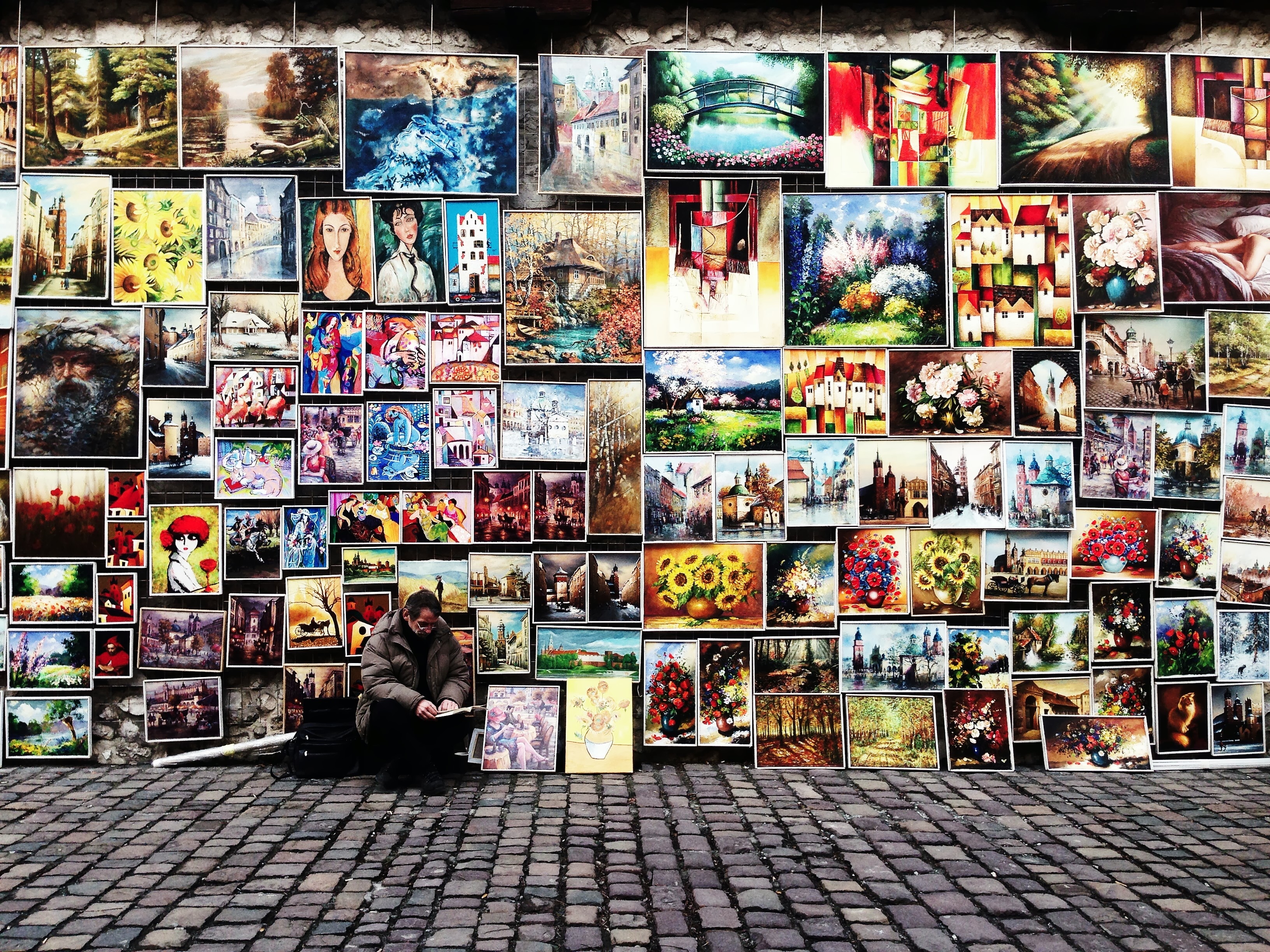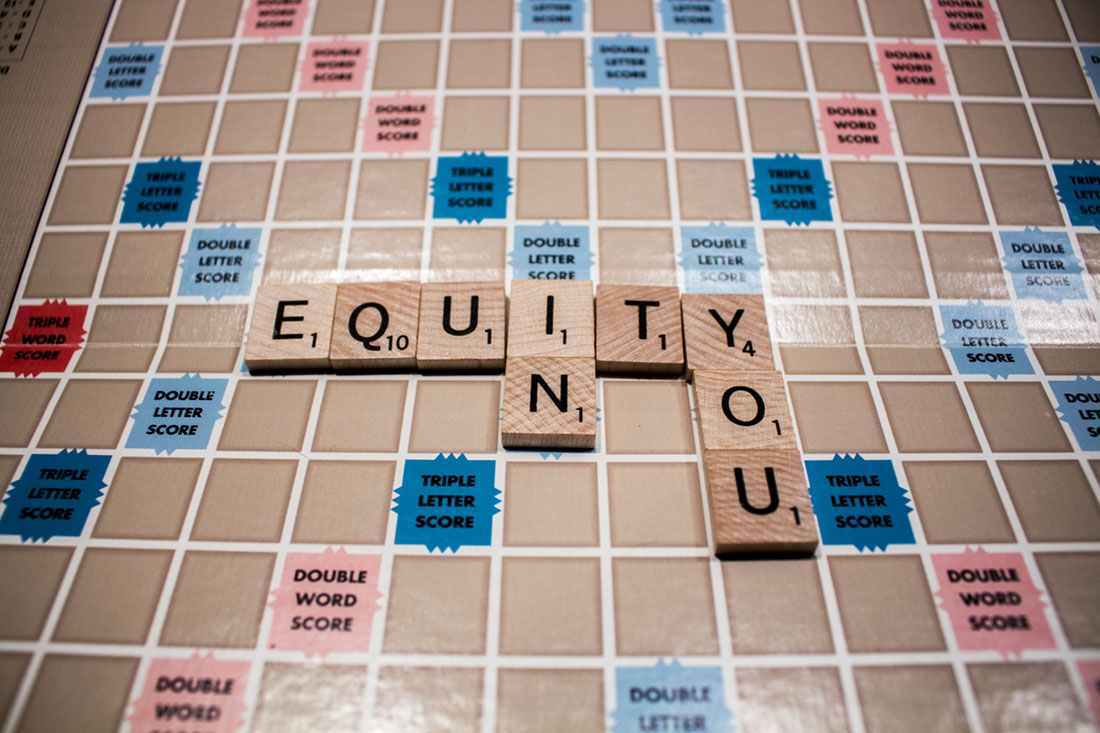Mine is a pen. Or a keyboard. Or for that matter any method for capturing words and thoughts.
I write. I talk. I ramble. I fall into an unconscionable stream of consciousness.
It’s not a flight mechanism. It’s my fight response.
Whenever I face difficulty be it in work, in relationships, or any walk of life, I fight my way through it by recording and meditating on my thoughts. Sometimes it’s more word vomit than anything else. Sometimes it’s regurgitation of ideas I liked that came from someone else. Whatever the case may be, unless or until I work things out for myself I consider surrender as a non-option. Until I’ve formulated a response from my own mind I’ve not been true to myself.
It’s not just post hoc rationalization or a closing argument of justification. I fight with my ideas. Even the ones that aren’t entirely formulated yet. Sometimes you’ll find yourself amidst a battle with only a dull sword and that’s okay. If that’s all you’ve got just swing harder.
I often equate the creative process to war through use of metaphors and similes. It’s the most appropriate description I can fathom. I’ve never fought in the war. I guess I’ve been in a few fist fights. Feel free to ask how the other guy faired sometime. But in my mind creating is like war. The most significant difference is that it’s a war against self.
Within us all there are features of creativity, of optimism, of hope. There are also the features of destruction, pessimism, and worry. Call it the Angel-Demon complex if you will. I feel that I always have two competing interests constantly doing battle. One drives personal evolution. The other settles for mediocrity or even self-defeat. At times I feel it’s okay to give in to either. At other times I feel there’s a clearer path for choosing.
But just like any war, when creating there will be casualties. There will be victors and there will be losers. These are simply different, competing versions of yourself. One version of yourself will emerge heralding its success. The other can skulk defeated or it can promise a better rematch down the road.
The choice is yours.
If you choose to make the most of your life you’ll be constantly pitted against yourself and not only external forces. You will be faced with the constant decision to choose which voice you wish to follow. One will beckon you toward self-actualization. The other will beckon you toward the status quo, or worse.
It’s all about how you choose to assess the battle. You can fight on through ’til the end. You can go home because you ran out of ammo. In your day-to-day it might feel of no consequence. In real war the choice might not be granted. In the war of creativity it’s not granted either. Unless you resolve to live an uneventful life, you’ll always be forced into action.
Whether you like it or not, if you want to make a dent in the universe, you’ve got to go into war with the weapons you’ve got. Sharpen them when the enemy retreats. Otherwise do the best you can with what you’ve got, where you are, when you are there.
It’s not so much about what you walk into battle with. What’s more important is that you walk out at all.
So pick up your sword–whatever that is for you–and start hacking away.






